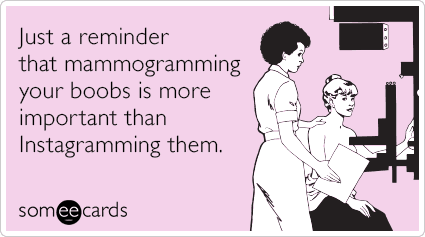Whether at school, amateur level, or professional, recovering mentally after a sports injury can be very challenging, especially if you’ve been out of action for a lengthy period. Most people who experience sports injuries fear reinjuring themselves and are reluctant to bounce back mentally. According to research, 85% of all athletes stumble into post-injury depression, fearing that re-injury will stop them from returning to their pre-injury performance. Some abandon sports altogether, while those who return fail to rediscover their form. If you or a loved one is physically recovering from a sports injury, here are some tips to recover mentally, too.
Set clear and realistic ‘bounce-back’ goals

Most athletes are already used to setting and achieving different goals on and off the field and pushing themselves to meet them. It’s important to approach any recovery stage similarly, with the same mindset. Set clear and realistic ‘bounce-back’ goals and push yourself to meet them. Set specific, measurable, attainable, relevant, and time-bound (SMART) goals. For example, decide to run a specific time or distance during your recovery stage and track your pace and performance. Remember how important your sport is to you during this phase, and remind yourself why you need to bounce back as soon as possible.
Visualize a healthier and better you
After setting your goals, visualize being back to your best and performing better than you used to. Imagine all the laurels and awards you can win again, and let that motivate you to return. Visualization might sound simple but don’t underestimate its power. Scientific evidence shows that when you envisage an action, you stimulate the same brain regions when you physically perform the visualized action. So, if you’re recovering from an ankle injury, imagine yourself running across the field at full speed with your ankle completely healed. If a wrist injury has forced you out of your favorite basketball game, envision yourself back on the court and nailing those three-pointers and free throws.
Consider different forms of therapy
Post-injury therapy comes in various forms, each of which can play a crucial role in helping you recover mentally. First, physiotherapy can nurse your body back to its best, but don’t ignore its positive effects on the mind, too. A good physiotherapist will encourage and motivate you not to give up while helping you strengthen your body. You can also see a sports therapist after your injury. Sports therapy rehabilitates your mind and body back to its optimum with useful advice. You can consider other treatment options, like hyperbaric oxygen therapy for TBI if you suffer a brain injury. This form of therapy is designed to help ease the psychological changes you go through after a brain injury. It helps you deal with anxiety, depression, mood swings, paranoia, personality disorders, executive dysfunction, PTSD, ADHD, and other psychological effects of a brain injury. You can also sign up for cognitive behavioral therapy (CBT) to redress your thought process, especially if you’re drowning in fear, pessimism, or negativity. CBT can help you identify unhealthy patterns in how you think and introduce alternative and positive views.
Try body scanning and targeted relaxation strategies
Body scanning is similar to meditation; it gets you in touch with your physical symptoms. It helps you understand how your body feels and how your mind responds to it. This step involves scanning your inner being and connecting it with how your body feels on the outside. It can help keep you from overreacting when trying but failing to rebuild your confidence after an injury. Targeted relaxation strategies use techniques like guided imagery to help combat stress and reduce muscle tension. Combining these two can greatly aid your recovery process, help you recover mentally, and prepare you to return to your most loved sports.
Focus on the things you can control

A lengthy recovery process can mess with your mind in many ways, especially if you have no option but to sit all day doing nothing. It’s easy to focus on the wrong things and even scare yourself with many negative thoughts. But the best thing you can do for yourself during this period is to focus only on the things you can control. That includes controlling your diet so you don’t get out of shape, drinking more water, and getting enough rest. Depending on the extent of your injury, you can find alternative ways to exercise without worsening things. You can also find fun and mentally engaging hobbies to help you pass your time alone so that negative thoughts do not creep in. Also, try not to isolate yourself or be alone for too long. Instead, surround yourself with loving and positive people who can motivate you every day.




Leave a Reply